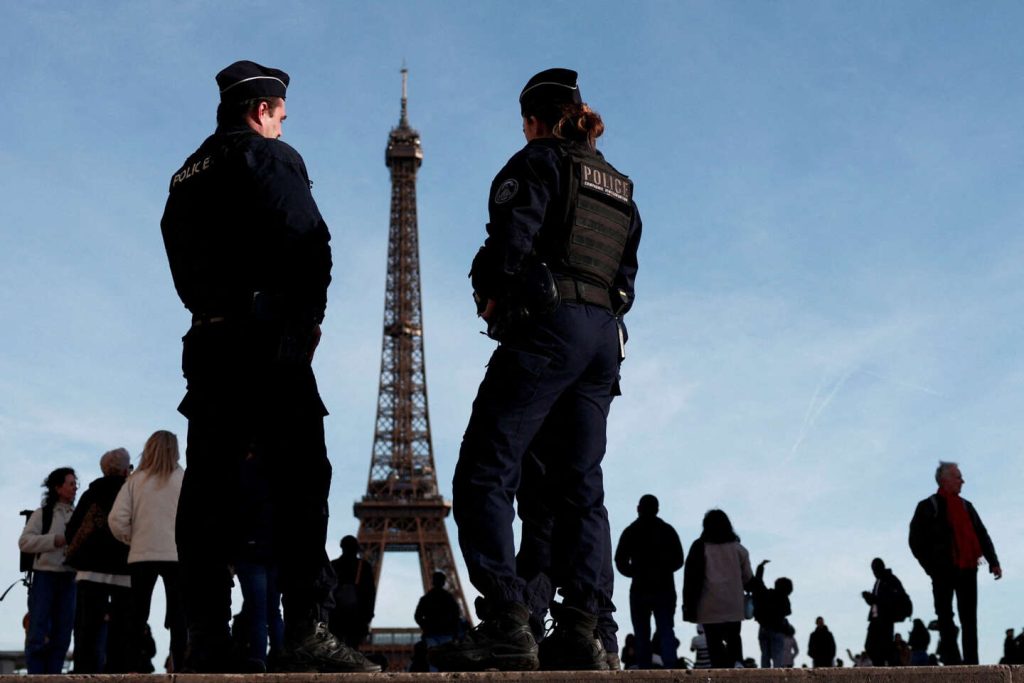The Justice has decided to suspend the prefectural ban on a march against racism and Islamophobia planned for Sunday in Paris, stating that this ban violates the freedom of assembly. The march, organized by the Collective for the March on April 21, 2024, was initially prohibited by the prefecture of police citing potential risks of public disturbance. However, the administrative court ruled in favor of the organizers, criticizing the ban as a serious and clearly illegal attack on the freedom of assembly.
The march, which aims to denounce racism, Islamophobia, and protect all children, was organized by fifty-one organizations including La France insoumise, Nouveau Parti anticapitaliste, Attac, Solidaires, and the National Observatory of Police Practices and Violence. Despite concerns raised by the prefecture about potential confrontations with law enforcement, the court emphasized that the organizers had measures in place to prevent any anti-Semitic speech during the event. This led to the decision to suspend the ban on the march, ensuring the right to assemble and express their opinions.
Simon Duteil, co-general delegate of the Solidaires union, praised the court’s decision as a necessary step to uphold the fundamental right to freedom of assembly. He criticized the government for its stance on freedom of expression, particularly when it comes to addressing police violence and racism. The decision of the court was seen as a victory for civil liberties and a reminder that the judiciary is essential in protecting these rights against governmental restrictions.
The prefecture of police had justified its ban by pointing out the organizers’ alleged lack of consideration for potential disturbances and inadequate security measures. They also expressed concerns about the march addressing issues related to children in Gaza and the current tensions in the Middle East, suggesting that it could include anti-Semitic slogans. However, the court rejected these arguments, noting that the organizers had plans to prevent any anti-Semitic speech and did not pose a significant threat to public order.
In addition to the concerns over the march, the prefecture referenced the increased police mobilization for other events in the area, such as a flea market and a football match in the evening. Despite these considerations, the court emphasized the importance of protecting the right to peaceful assembly and determined that the ban imposed by the prefecture was a clear violation of this fundamental freedom. The decision of the court highlighted the necessity of judicial oversight in safeguarding civil liberties and ensuring that government actions adhere to the law.
Overall, the court’s decision to suspend the ban on the march against racism and Islamophobia in Paris underscored the importance of upholding the freedom of assembly as a fundamental right. Organized by various civil society groups, the march aimed to raise awareness about issues related to racism, Islamophobia, and the protection of all children. Despite initial concerns raised by the prefecture of police, the court found that the organizers had taken measures to prevent any disturbances and rejected arguments suggesting the march could include anti-Semitic slogans. This case serves as a reminder of the role of the judiciary in protecting civil liberties and ensuring that government actions are in compliance with the law.


